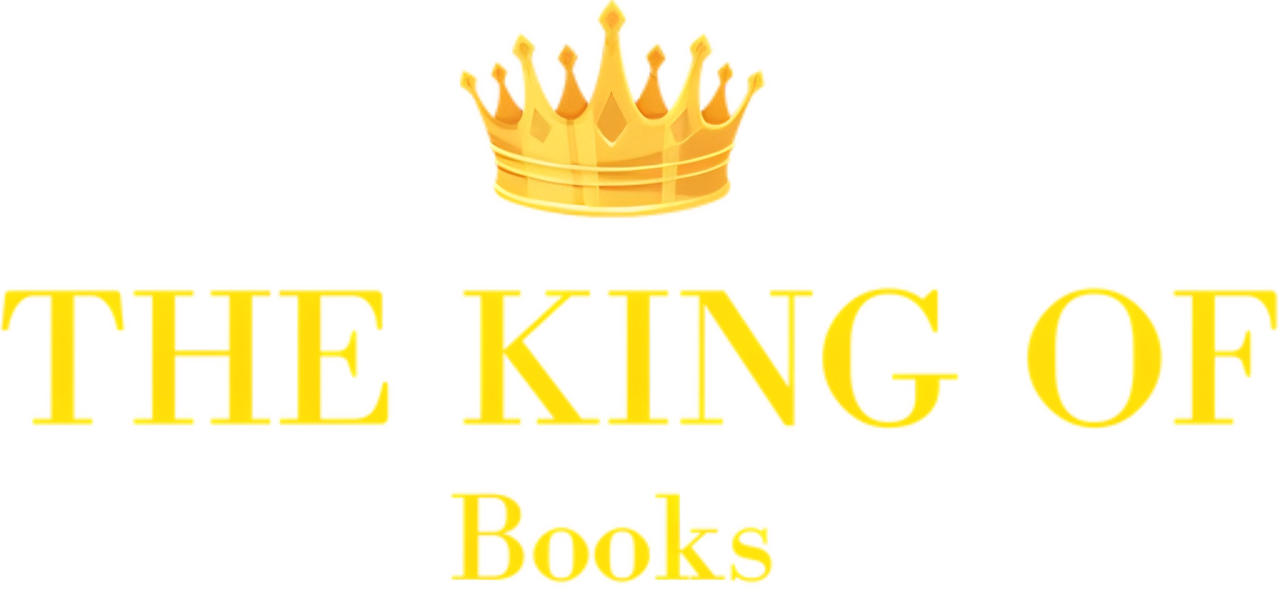
Is finding meaning in economics a utopia?
Finding the meaning of life in economics is a utopia. When we think of the number of burnt-out employees, the gap between rich and poor and our threatened environment, the utopian idea of the free market as the favourite economic format increasingly threatens to evolve into a dystopian reality. The negative effects of our boundless economic desire to tackle scarcity invite us today, all of us, to take responsibility. Together we must opt for a transition of our economy. This book, which is the first part of a trilogy, makes us rediscover the meaning of a rewarding job, a bond with our fellow citizens and a sustainable living environment. Trust appears to be the key word here. We are called upon from various angles to take responsibility from an unbreakable trust. The atheist does this through solidarity, a religious person through charity and the Buddhist through compassion. In this way we exceed our naive utopian trust in the market. The sharing economy, the community economy and the meaning economy are concrete examples of this renewed economic logic. On the occasion of the 500th anniversary of Thomas More's Utopia, we are thus putting into action a new word: uglobia. In uglobia, "u" refers to the Greek term for happiness. Uglobia is the here and now transformation of our globalized society, in which the gross national product is a function of the gross national happiness.

Free and fast delivery

Same day shipping




